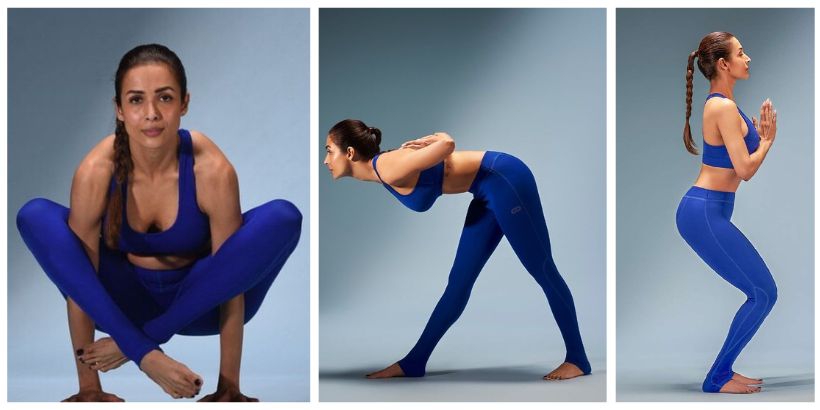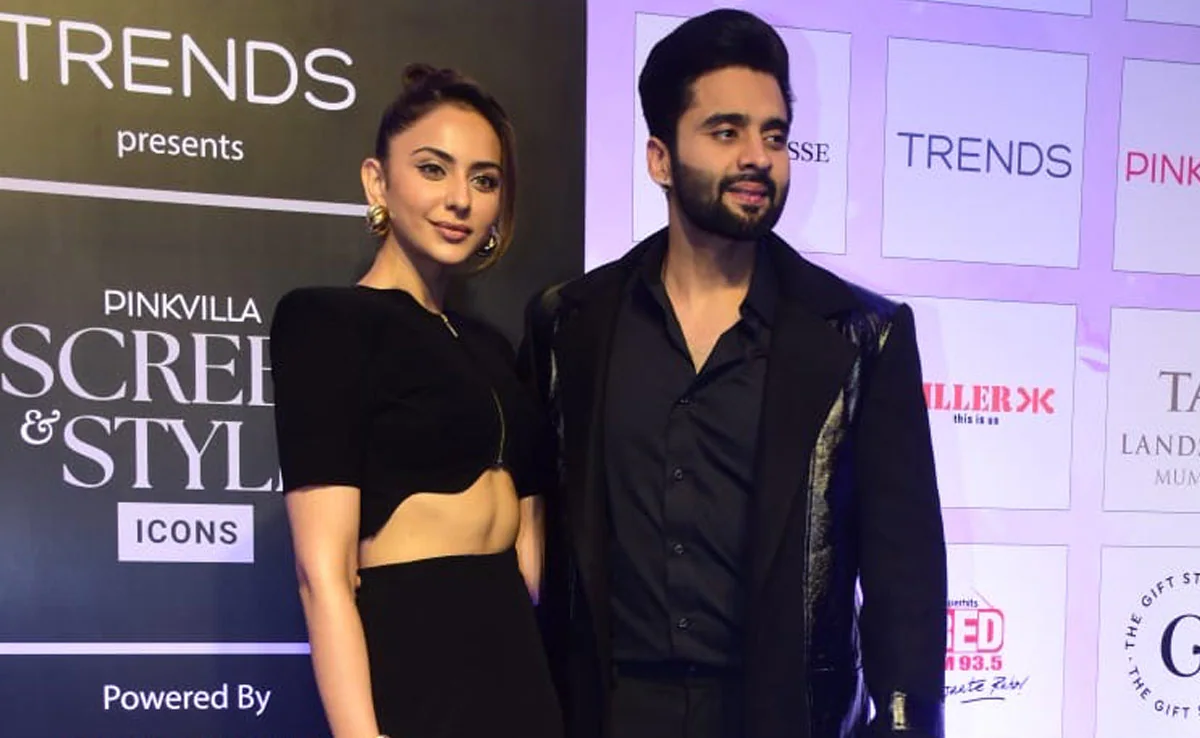Shah Rukh Khan, a Bollywood celebrity, was brought to a hospital in Ahmedabad after suffering a heatstroke. On Tuesday, the actor visited the city to witness his side, the Kolkata Knight Riders (KKR), play against Sunrisers Hyderabad in the Indian Premier League (IPL). Ahmedabad faced high temperatures, reaching 45 degrees Celsius, resulting in Khan’s dehydration and heat stroke.
According to sources, Shah Rukh Khan’s condition is stable, but he is still under medical surveillance. Security around the hospital has been strengthened to handle the surge of spectators and reporters. Juhi Chawla, the actor’s close friend and fellow actress, paid him a visit in the hospital. An official statement from the hospital is coming shortly.
Shah Rukh Khan, KKR’s co-owner, took a lap of honor at the Narendra Modi Stadium on Tuesday night to celebrate the team’s victory. He was joined by his two children, Suhana Khan and AbRam Khan. The KKR’s victory over Sunrisers Hyderabad ensured their berth in the IPL 2024 final. During the celebration, Khan interacted with the audience, performing his signature open-arms posture to the pleasure of the fans. The official Instagram sites of KKR and IPL released photos and videos during the joyful walk.
Understand Heat Stroke
Heat stroke is the most severe type of heat-related sickness, which occurs when the body overheats and loses its ability to control temperature. It usually occurs when people are exposed to high temperatures for an extended period of time, particularly during physical activity. There are two primary types of heat stroke:
1. Exertional Heat Stroke: Caused by strenuous physical exercise in hot temperatures.
2. Non-exertional (classic) Heat Stroke: Caused by extended exposure to high temperatures; commonly affects older adults, young children, and people with chronic conditions.
Symptoms and Risk Factors
The symptoms of heat stroke include:
- High body temperature (104°F or above).
- Altered mental state (confusion, agitation, and seizures)
- Hot, dry skin.
- Nausea and vomiting.
- Rapid respiration and heartbeat
- Headache
- Muscle cramps or weakness.
Age, chronic illnesses, certain drugs, environmental conditions, and excessive physical activity in hot temperatures are also risk factors.
Prevention and Treatment
To prevent heat stroke:
- Stay hydrated by drinking plenty of fluids, particularly water.
- Wear light, loose-fitting clothing.
- Avoid intense activity during high heat hours (10 a.m.– 4 p.m.).
- Use fans and air conditioning to keep your living area cool.
- Take frequent pauses when working or exercising outside.
To respond to a suspected heat stroke, call emergency services immediately.
- Calling emergency services.
- Moving the individual to a cooler environment.
- Remove any superfluous clothing.
- Cooling the individual using water immersion, cold cloths, or ice packs.
If the person is cognizant, provide them with hydration.
Conclusion
Shah Rukh Khan’s hospitalization for heat stroke demonstrates the severity of this ailment. Extreme heat-related dangers can be reduced with quick medical intervention and preventive measures. Fans and well-wishers wish the actor a speedy recovery and urge everyone to treat heat-related ailments carefully.



